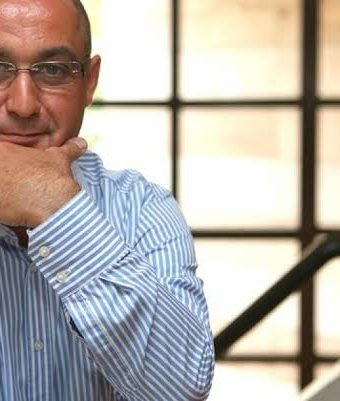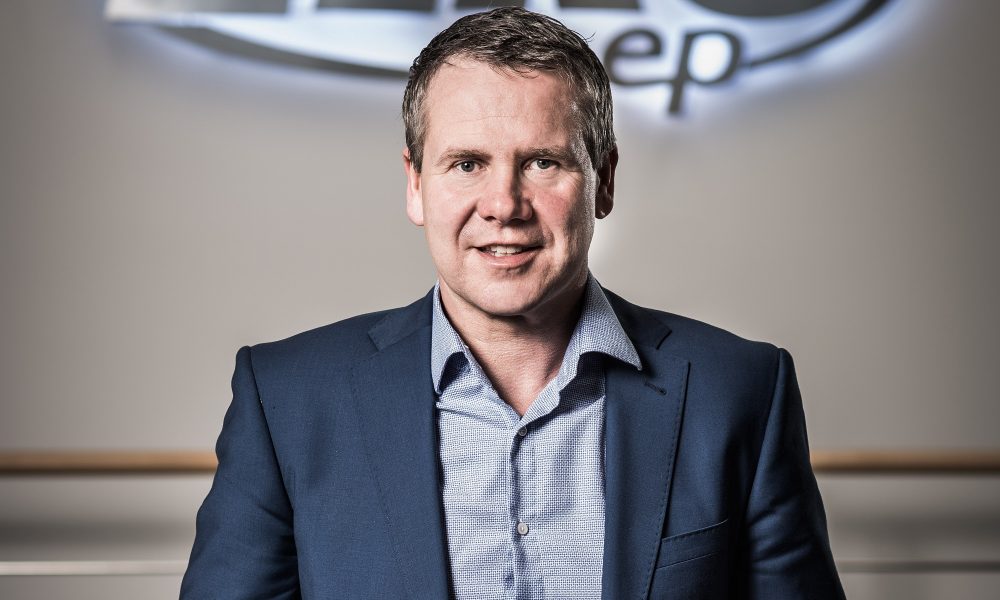

Přejít k obsahu | Přejít k hlavnímu menu | Přejít k vyhledávání

Six years ago, the “smart” wave broke into the Czech Republic. Cities began intensively setting up their “smart institutes”, “intelligent departments, and “writing “smart concepts” and setting up smart departments”. It seemed to be only a matter of time when technology began to change Czech cities and when their flow
Six years ago, the “smart” wave broke into the Czech Republic. Cities began intensively setting up their “smart institutes”, “intelligent departments, and “writing “smart concepts” and setting up smart departments”. It seemed to be only a matter of time when technology began to change Czech cities and when their flow was more efficient and more pleasant for their inhabitants. After the euphoria, however, sobriety grew.
Technology is ready, but the Czech authorities are still running around. In addition to the complex smart activities, they began to assign an agenda that is practically unrelated to the technologies. So, after six years, there are more questions in the whole story than clear answers. This is also the main reason why Jiří Konečný, the owner of ELKO EP, one of the European leaders in the smart electrical market, decided three years ago to engage politically in the project as well. “When I came here three years ago, there was only a PR bubble, a lot of the ministry was talking about, but it did not really work. Today we are moving on to concrete projects, for which I am happy, “he says at the beginning of the joint interview.
For me, they are intertwined. Not that I have any political ambitions, but I am convinced that the debate about the introduction of smart city must start from the top. From state, to city and municipality.
As a technology entrepreneur, I approach it primarily from the technology side. One of my first suggestions was that all the technologies that are present in any city or village are in a single application on a single portal. In practical terms, if you are going from Karlovy Vary to Vsetín, you will have all the information from all the sensors in any city in one place. Even if you decide to stop half way in Jihlava. To know what the quality of the air is, if you can go there for a walk to share that information. Of course, those make sense, but that is not all. So, create a unified platform, unify protocols, or unify city vendors to understand the national protocol.

I believe so. I am helping with the preparation of the methodology, because it is enormously important to me that the result is not a pasquil or just social engineering.
I will say it to my mouth full: the degree of democracy. At various levels, of course, there must be political interest and the interest of those cities must be there as well. This is not easy in a democratic country. Not only to unify it technologically, I’ve devised it on paper, but there is a need to modify some laws to provide open city dates. This is related to e-government and the whole digital agenda of the Czech Republic, which describes it throughout, so that citizens of the whole republic can efficiently use IT that is in state administration or self-government at individual levels, but because it has been generated uncoordinated for the past ten years , it is not unified.
A real smart city with technologies such as Dubai is not here and probably will not be here for a while. The first was probably Písek with parking sensors, most of which are in Prague, which is now processing the data platform for Prague and integrating it. Brno has the methodology and some elements of Smart City, but the methodology is still just theory. Now, at the level of the Ministry for Regional Development, we are working on a national methodology that should help smaller towns or cities that do not have to develop their own methodology and take other concrete steps. I participate in those projects and working groups that take concrete steps.
As far as e-government is concerned, Estonia is talking a lot about it. However, they have the advantage of being a relatively small state, and at the same time having a prime minister who helped a lot. From cities there are Amsterdam, Vienna, Bristol, I personally see a lot of things in Spain. In cities where IoT has inspired a lot in the cities.

Of course, for example, the public lighting control in Hranice. But they are mostly partial solutions. By being hardware, the first such element was outdoor lighting management, we have a platform to control, track error states, consumption, and this platform is also one of the platforms of a city-wide smart city platform.
The mission and the reason we founded it was to educate society in a non-commercial way. Because we have been here for a few years, some studies have been made that show the share of smart wiring in electrical installations at the end of the year was only 5% in the Czech Republic, while in Germany 47%. That’s a huge difference. One way to reduce the shortfall is education. That’s why we founded this association, whose members are manufacturers of smart things, and we make sure that they are not just salespeople, whether it’s cameras, lighting, home appliances, and so on. We publish a newsletter twice a year, send newsletters, we have a conference, and this year’s is the 4th year. We try this form because, of course, the participants are cautious about commerce, I would even say allergic. Of course, we sell the lines, we offer our solutions. But we present and I really go through every presentation and I make sure that it is non-commercial and that there are as few as possible specific products.